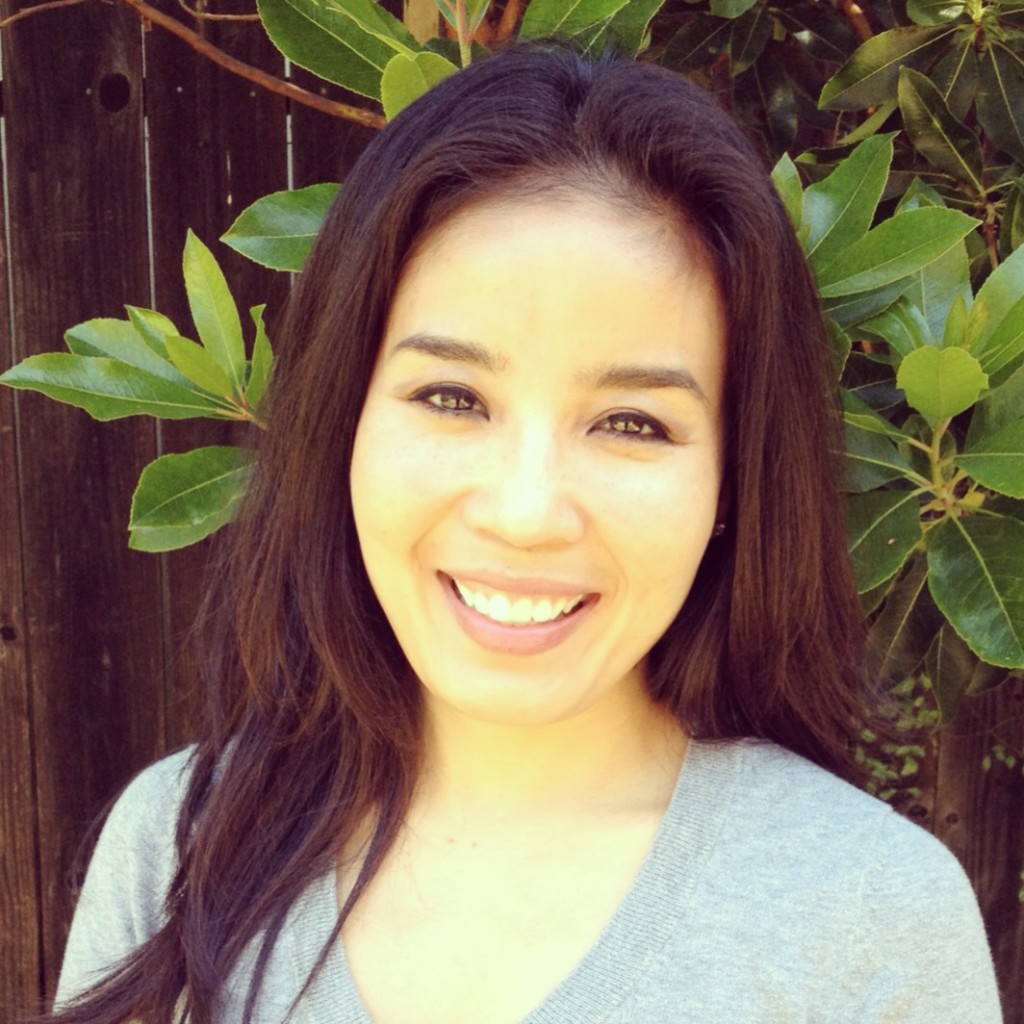
Dr. Anatasia S. Kim, PhD is the 2015 recipient of the APAGS Guardian of Psychology Award.
By Anatasia S. Kim, PhD
What is the role of legislative advocacy and policy in my capacity as a clinical psychologist? The answer is found in my years of community-based work with children, adolescents, and families. As a graduate student at UCLA some 15 years ago, I never imagined one day lobbying in the Capitol on behalf of the profession and my clients. But this is exactly what brings tremendous excitement, passion, and hope for me today.
I started my clinical career working with at-risk youth in East Los Angeles using brief intervention models to treat behavioral, emotional, and academic problems. Back then I naively believed that therapy alone would be enough. I continued my work with this population and expanded to working with incarcerated youth and immigrant communities. While involved in research efforts in these areas, it became undeniably apparent that a significant, if not majority, of the psychological problems that challenged my clients were in fact a result not of some intrapsychic forces, but rather, a system failure.
As a graduate student at UCLA some 15 years ago, I never imagined one day lobbying in the Capitol on behalf of the profession and my clients. But this is exactly what brings tremendous excitement, passion, and hope for me today.
The disparities in mental health, access to and quality of care, and other resources ultimately reflect a broken system of socially unjust policies that impair the wellbeing of the communities we serve. Just as one cannot separate the mind from the body, we cannot separate people from their environment, which includes the social system in which they are inextricably embedded. The solution then rests in large part to our capacity and willingness to be personally and professionally accountable to the world around us. Ultimately, this means that we have to take responsibility for and develop solutions to social problems that plague our communities, particularly those that have and continue to be the most marginalized and oppressed.
As socially conscious and morally responsible professionals, we cannot simply spew out diagnoses and “fix” broken psyches. We can and must do much more. Indeed, we must fully acknowledge that social injustice, cultural apathy, and moral irresponsibility lead to and cause mental illness. We must acknowledge that mental illness is birthed from community violence, broken educational system, intergenerational poverty, and proliferating prisons. Mental illness is also perpetuated in our silence, when we don’t speak up or use our privilege to challenge the status quo.
My responsibilities as a legislative advocate are not only to the profession of psychology, but more importantly, to the clients I serve. The few letters that follow my name give me access and authority to places that my clients don’t have, including a seat at the table where discussions and ultimately decisions about policies can be influenced. In fact then, legislative advocacy is our ethical responsibility and a moral imperative not only as psychologists, but also as citizens who vote and can demand just polices that promote instead of inhibit mental health.
Psychologists have something critical to offer in the social and public policy discourse. Beyond the therapy and classrooms, our commitment to social justice must be earnest and unwavering. As such, we must get involved in our local, state, and national professional organizations and their growing efforts in governmental affairs including the California Psychological Association’s Leadership and Advocacy Conference.
What then is the role of legislative advocacy and leadership for psychologists? For me, it is ultimately about the courage to use my power and privilege to give voice to those without.
Editor’s note: Anatasia S. Kim, Ph.D., Associate Professor at The Wright Institute in Berkeley, CA, is the 2015 winner of the “Guardian of Psychology” award from the APAGS Advocacy Coordinating Team. She was nominated by Eric Samuels, a doctoral student from Wright currently interning at Indiana University, and the 2016 APAGS liaison to APA’s Committee on Disability Issues in Psychology. An earlier version of this article appeared in the newsletter of the Alameda County Psychological Association.
Author bio: Dr. Kim received her B.A. in Psychology from UC Berkeley and her Ph.D. in Clinical Psychology from UCLA. She is a National Ronald McNair Scholar, recipient of American Psychological Association Minority Fellowship as well as the Okura Mental Health Fellowship. In addition to teaching, she has a private practice in Berkeley specializing in treating adolescents/young adults with anxiety disorders, depression, and neurocognitive deficits using Cognitive Behavioral Therapy. In recent years, she served as President of the Alameda County Psychological Association (ACPA), member of California Psychological Association’s (CPA) Governmental Affairs Steering Committee, Chair of CPA’s Immigration Task Force, and CPA’s state Diversity Delegate. In addition, she has served on various local boards including Ethnic Health Institute and Berkeley Alliance aimed at addressing educational and health disparities in Alameda County. Finally, recent her research and clinical projects include: program evaluation for school-based interventions; recruitment and retention of ethnic minority students in graduate training; pipeline for advanced degrees in psychology for historically underrepresented students; and cross-disciplinary approaches to working with systems-involved youth and families.





 We’re once again Psyching the Vote for APAGS Chair-Elect! During the month of April, APAGS members can submit an elections ballot for elections for
We’re once again Psyching the Vote for APAGS Chair-Elect! During the month of April, APAGS members can submit an elections ballot for elections for 
